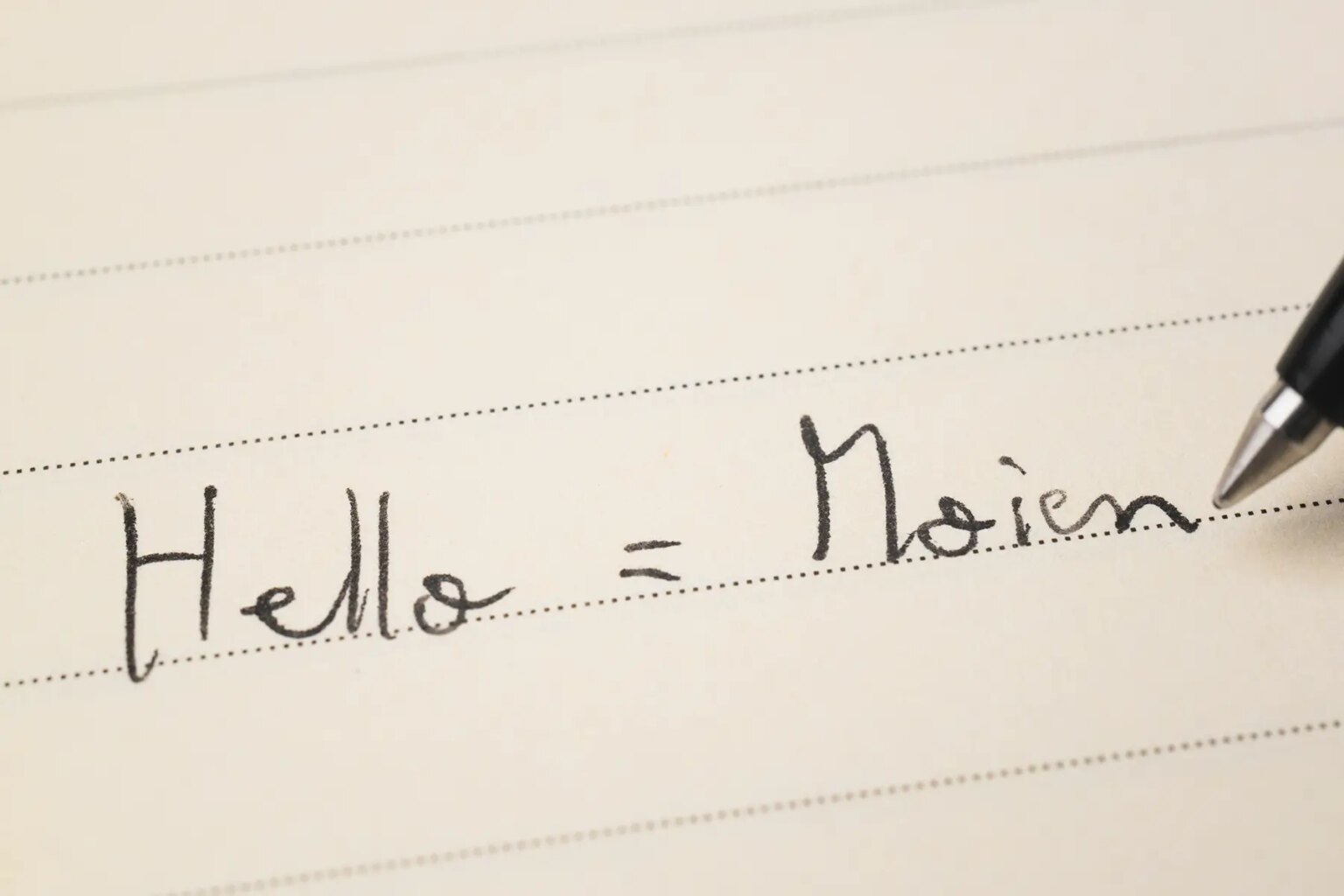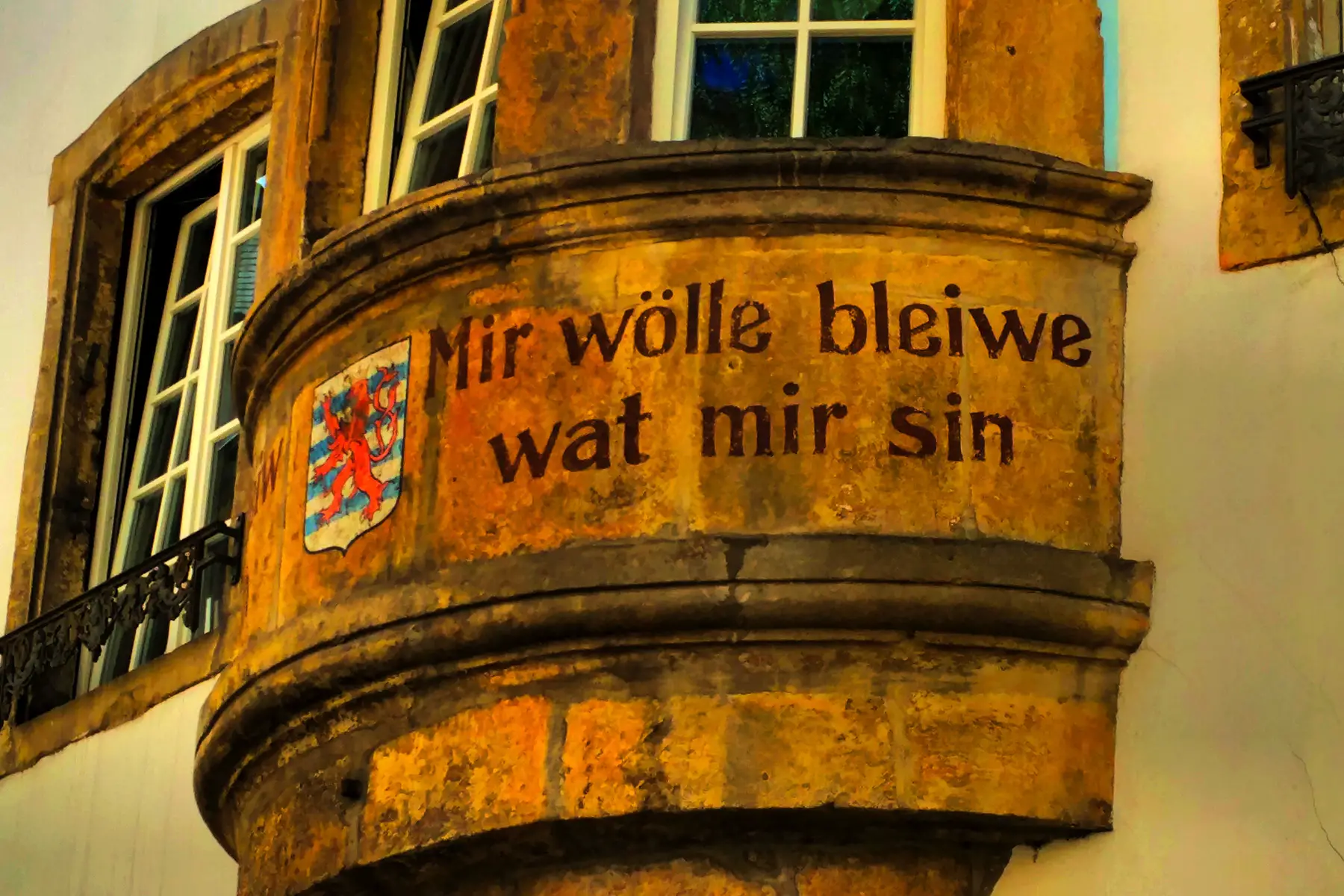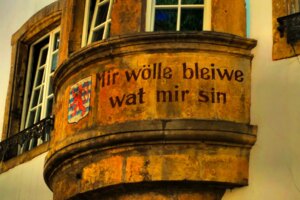Given that almost half of Luxembourg’s population (47.1%) is made up of foreigners, it might not be surprising to discover that it has more than one official language. In fact, the modestly-sized Grand Duchy has three – Luxembourgish, French, and German. Moreover, there is a complex protocol for which one is spoken where. For instance, the language you speak when shopping at your local supermarket might differ from that you use when riding a bus.
Understandably, this might sound somewhat daunting to new arrivals in Luxembourg, so to help you get your head around the language system in place, this article covers the following:
Preply
Immerse yourself in the language of your new country with Preply. This app and website matches learners with online tutors so you can follow live, personalized language classes. With 50 languages to choose from, and tutors all over the world, there’s a course for everyone. Check out Preply to start your language-learning journey today.
What languages are spoken in Luxembourg?
The three official languages in Luxembourg are Luxembourgish, French, and German. However, the languages that are spoken throughout the Grand Duchy vary according to the context.
For instance, although 98% of the population speaks French, which is widely used within the trade, hospitality, and food and beverage sectors surrounding the capital, English (which is not an official language) has become the lingua franca within the business and finance sectors and is spoken by 80% of the population.
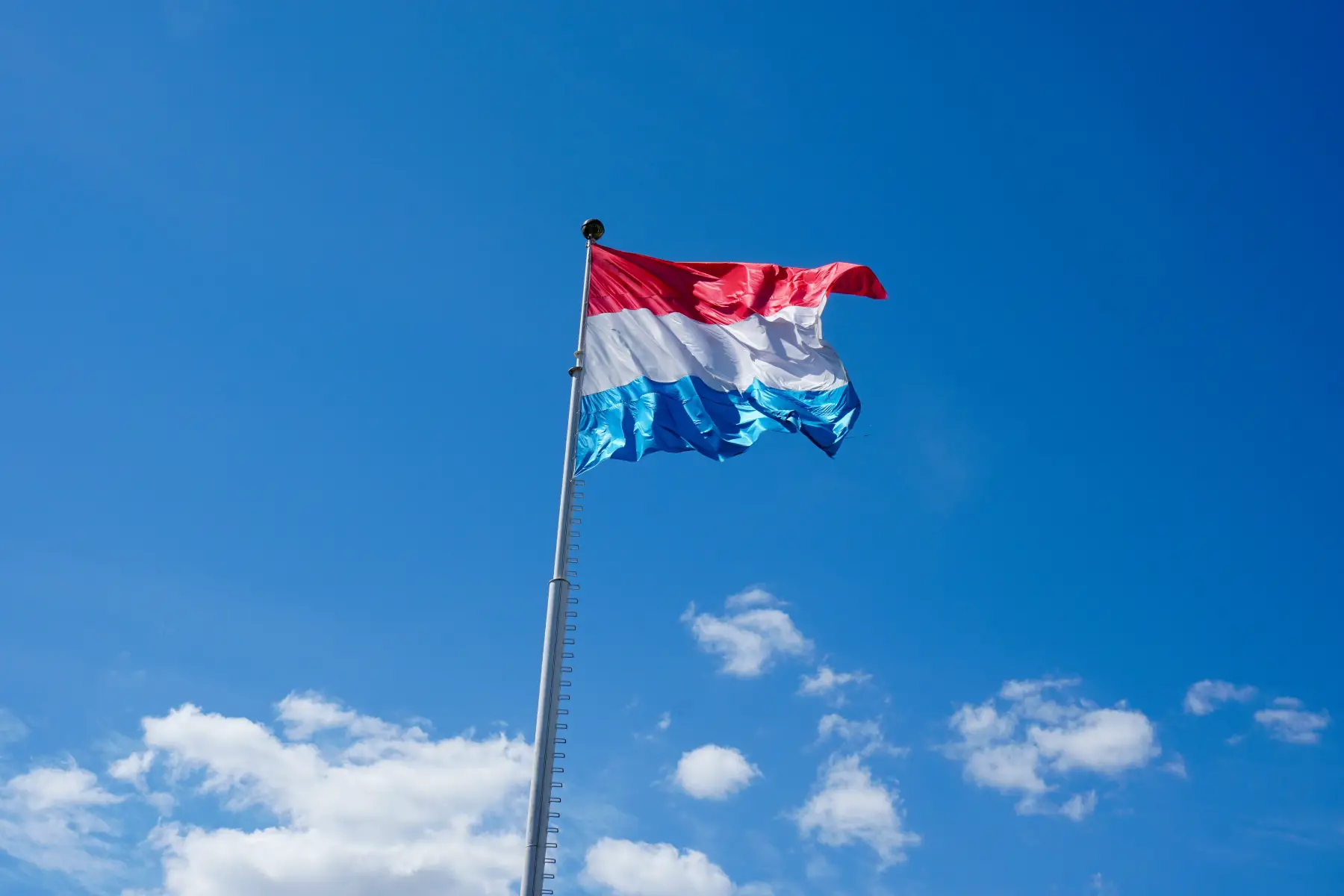
Moreover, English is frequently used at meetings among people of different nationalities, which is hardly surprising given that almost half the population of Luxembourg consists of cross-border foreign workers. In fact, despite it not being an official language, many residents are keen for it to be recognized as one, as it is so widely used and can attract a wider pool of international talent.
Aside from these languages, it is also common to hear Portuguese throughout Luxembourg as it is the second-largest community in the Grand Duchy. So, as you can see, when it comes to the matter of languages in Luxembourg, things can get very complex.
Everyday use of Luxembourg’s languages
As mentioned, the protocol for which language you should use in Luxembourg is complex, and these vary according to different situations. For instance, French is the main language that people use in cafes and shops; although you might hear German and Luxembourgish being spoken too.
French is also used when it comes to legal matters, and all legislation and official documents are written in this language. That said, administrative documents are also commonly available in German and Luxembourgish.
However, when going to the cinema, you can choose to watch either French or German dubbed films. These two languages are also the most widely used in print media.
On the other hand, Luxembourgish takes center stage in politics in Luxembourg, as well as local television and radio. Meanwhile, you will likely hear English when working in Luxembourg’s business and finance sectors. And fortunately, police officers navigate between all three official languages.
Where the Luxembourgish language is spoken worldwide
Although it is a symbol of national identity, you won’t hear much Luxembourgish outside of the Grand Duchy. In fact, as of 2019, around 400,000 people worldwide speak it and UNESCO considers it to be an ‘endangered’ language.
Outside of the Grand Duchy, Luxembourgish is spoken in the eastern part of the province of Luxembourg (in Belgium), the north-west of the Moselle département (in France), and along the border between the Grand Duchy and Germany.
Outside of Europe, variants of Luxembourgish can also be heard in the American Midwest. This is due to the large migration from Luxembourg to the United States in the 19th century. You can also hear variants in Transylvania, which is also due to migration between the 9th and 14th centuries.
Although Luxembourgish is not a popular language worldwide and not even the most commonly spoken language in Luxembourg itself, there is a growing interest in preserving the language, with hopes to increase its inclusion in school curriculums and within the government. Amazingly, applications for Luxembourgish classes at the National Language Institute (INL) also increased by 80% from 2016 to 2021. So there is a growing interest in preserving the language worldwide.
Origins and history of the Luxembourg language
Luxembourgish is a Moselle-Franconian dialect of the West Middle German group. It originates from Moselle in France and has been spoken since around 1,000 AD. The language melds together aspects of French and German and has been enriched by many French words and phrases.
Until the 19th century, the dialect was referred to as Lëtzebuerger Däitsch (meaning ‘Luxembourgish German’). However, with its growing popularity, the dialect developed into the mother tongue of Lëtzebuergesch (Luxembourgish).
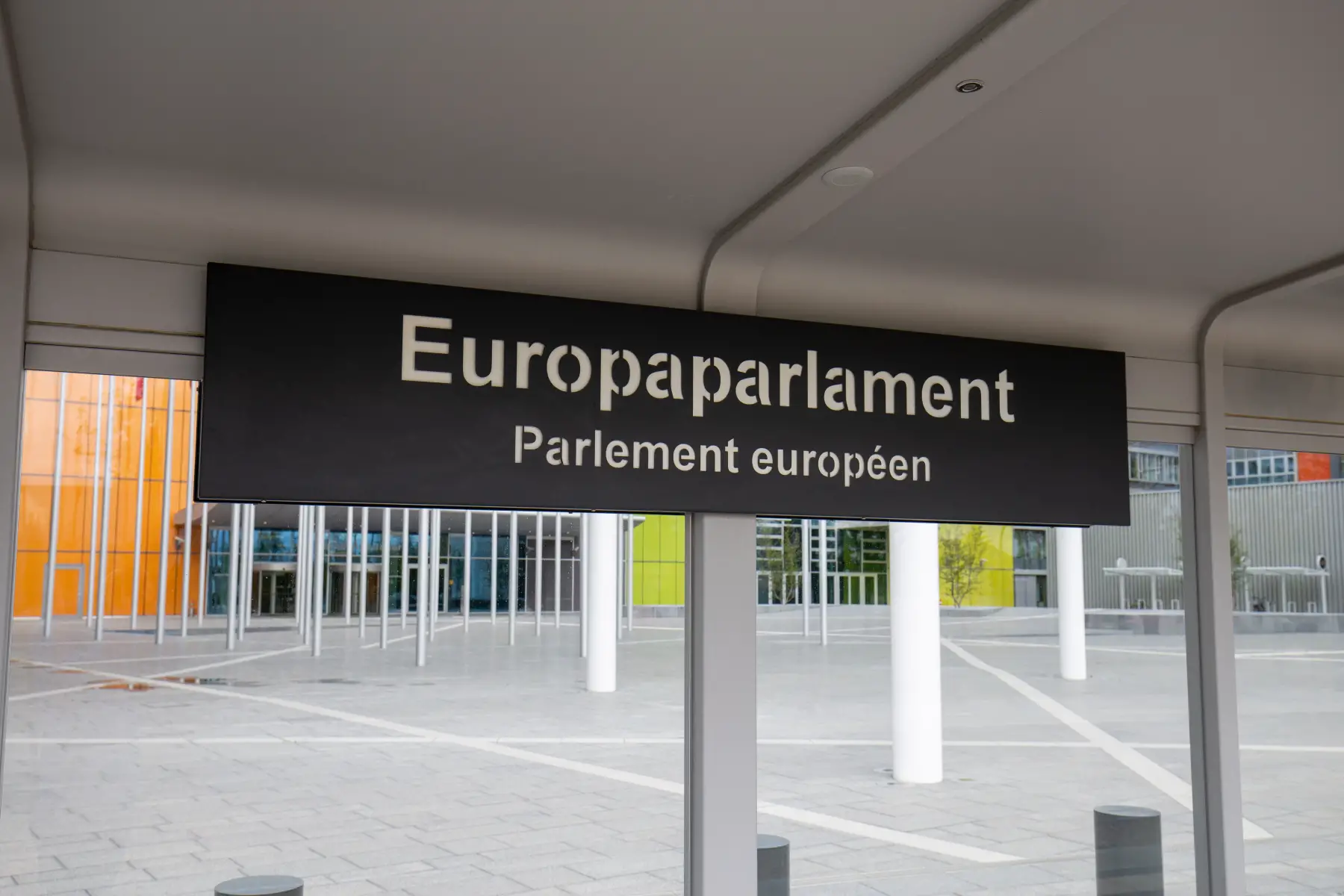
During WWII, Luxembourgish was used as an official language in schools throughout Luxembourg after the French language was banned. Interestingly, it was also spoken as an act of rebellion and national unity, given that the occupier was forcing citizens to speak German.
The dialect steadily grew in popularity and was eventually standardized in the 1950s, when its vocabulary, grammar, and spelling were perfected for residents to use. It wasn’t until 1984, however, that Luxembourgish was declared an official language of Luxembourg, alongside German and French.
Luxembourgish pronunciation and phonology
The Luxembourgish alphabet is comprised of the ISO basic Latin letters (the standard 26 letters found in English) along with three diacritics (accents): é, ä, and ë.
The é vowel is pronounced as a short sound, similar to the “i” sound in English (as in the word déck, meaning ‘thick’); the ë vowel takes on a long, drawn-out “uh” sound (as in the word ëmmer, meaning ‘always’); and the ä takes on an “ah” sound (as in wäiss, meaning ‘white’). Consonants have fairly similar rules to standard German.
There are some interesting quirks to Luxembourgish that can cause a few obstacles when learning the language. For instance, “ch” sounds are pronounced differently depending on where they are situated within the word. These can take on an “och”, or “ech” sound that doesn’t have any English counterpart.
Here are a few common words and expressions in Luxembourgish to start you off with:
| Luxembourgish | English |
| Gudde moien | Good morning |
| Gudde mëtteg | Good afternoon |
| Äddi | Goodbye |
| Jo | Yes |
| Neen | No |
| Merci | Thank you |
| Entschëllegt | Excuse me? |
| Wéi heeschs du? | What’s your name? |
| Wéi geet et? | What’s your name? |
| Ech verstinn net | I don’t understand |
Luxembourgish grammar
Grammatically, Luxembourgish has masculine, feminine, and neutral genders. There are no genders in the plural, which is similar to German. You will find many borrowed words from both German and French.
Also similar to German, the verb comes second in a sentence. For instance, Hien huet en auto (“He has a car”). And the subject comes as early as possible at the beginning of a sentence: Kann ech de Menu kréien? (which literally translates, in English, to: “Can I the menu get?”)
Interesting facts about the Luxembourg language
With its rich history and a blend of influences from its surroundings, Luxembourgish is a fascinating language. Here are a couple of interesting facts about it.
Education in Luxembourg takes on a trilingual system, with different levels of education being taught in different languages. Primary school is taught in Luxembourgish, and then German in later years. However, in secondary schools, the language switches to French.
With such strong German and French influences, some compound Luxembourgish words are made by merging a word from each language. For instance, the word for football field is Fussballsterrain which takes Fussball from German and terrain from French.
Learning the language in Luxembourg
Although English is commonly used throughout Luxembourg, learning one of the official languages might help you feel more integrated and at home. And, if you have children, they will be trilingual by the time they leave secondary school, so you may want to be able to join in.
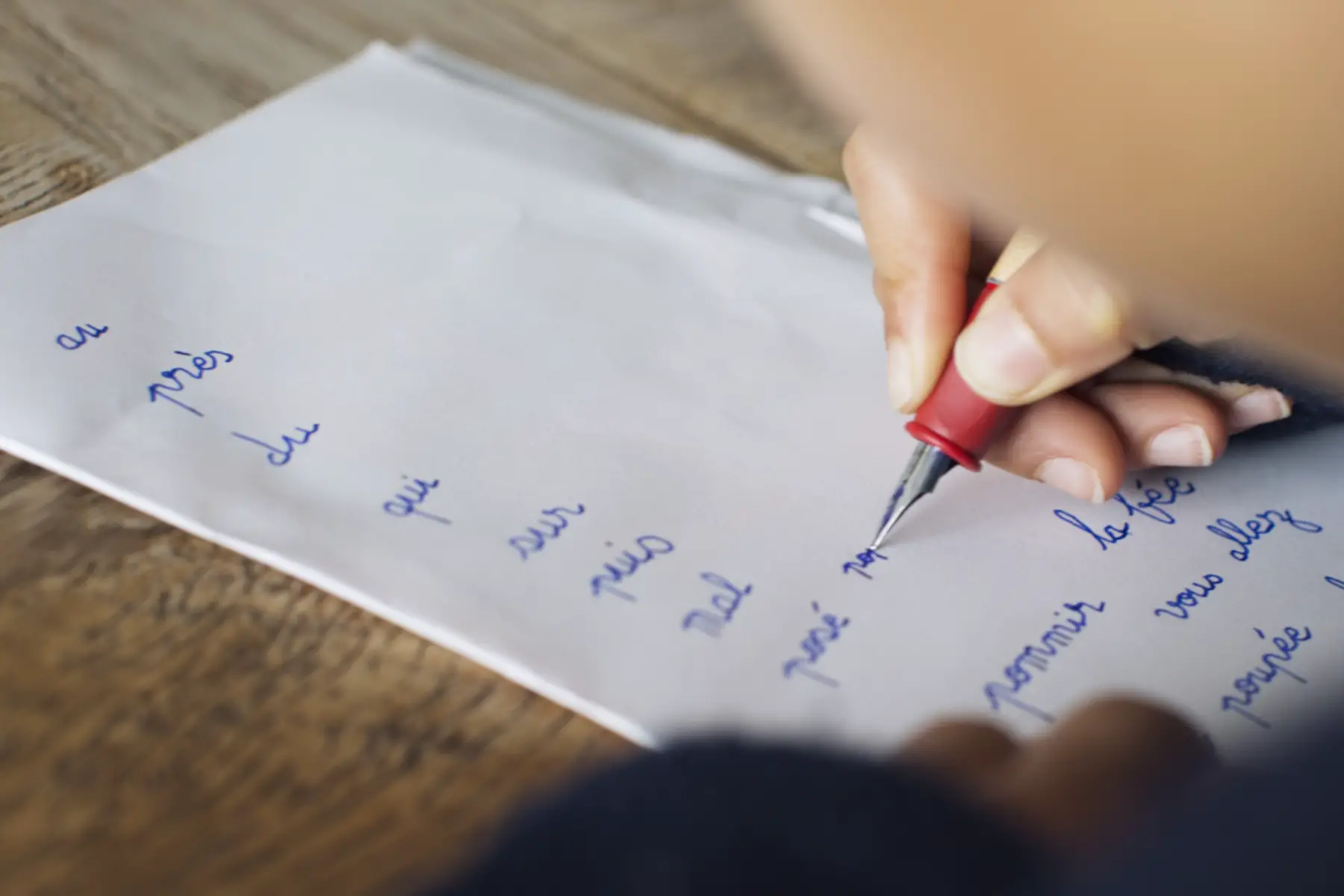
Fortunately, you have many options when it comes to learning the various languages of Luxembourg. These include taking courses through non-profit organizations, government-recognized agencies, private institutions, and online resources.
You can also download some helpful language-learning apps in Luxembourg to help you learn one – or all three – of the official languages. Some popular ones include:
- Aurelux: Focusing specifically on Luxembourgish basics, this app is great for newcomers to Luxembourg
- Babbel: An app made by professionals with German, French, and Portuguese courses
- Duolingo: Let Duo the Owl guide you through French, German, Portuguese, and more
- Preply: Start learning with a real tutor through a convenient smartphone app
Useful resources
- Institut National des Languages – provides language courses for adults and promotes intercultural exchange through the use of languages
- The Luxembourg Online Dictionary – online dictionary with information on Luxembourgish words and phrases
- The Government of Luxembourg – official information on Luxembourg’s languages
